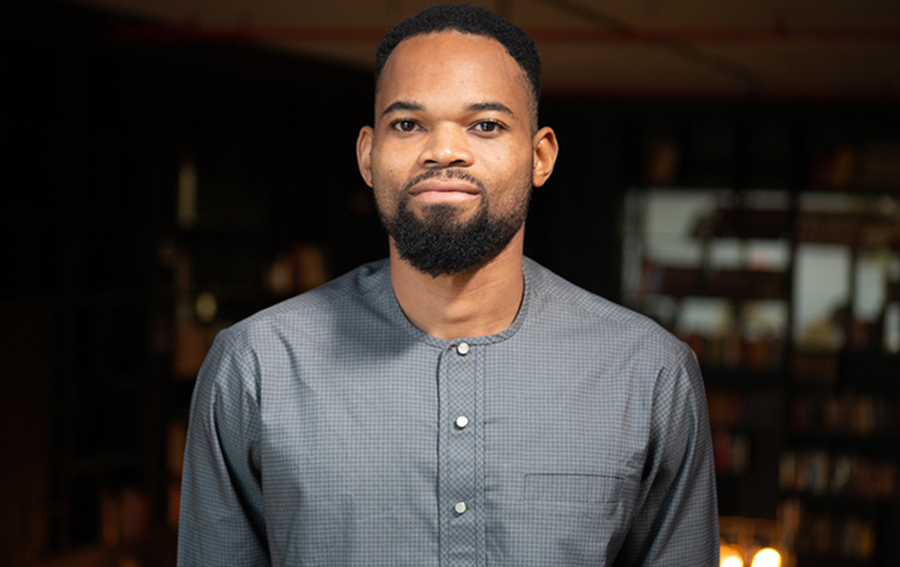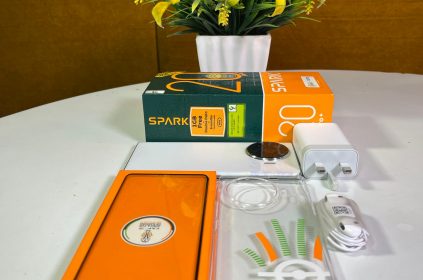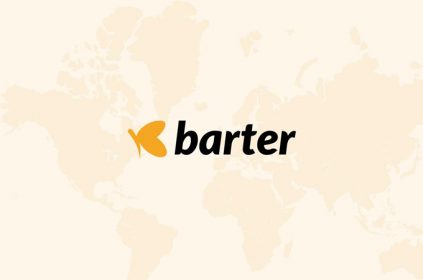With its presence across Nigeria, Ghana, and Uganda, insurtech startup, Curacel announced that it raised $450K in its latest pre-seed funding.
Led by Atlantic ventures and Consonance, the latest round also had support from Kepple Apple Ventures among other African angel investors.
Founded by Henry Mascot in 2017, the startup uses artificial intelligence in de-risking insurance companies as well as hundreds of hospitals across the countries where it is operational.
Following its latest funding, the startup is planning to expand further into 10 more African countries before the end of 2021.
Before now, the barely 4-year-old startup was accepted into the S Factory Pre-acceleration Programme, a spin-off of Start-Up Chile where it was awarded a $15,000 equity-free fund.
Curacel is thriving despite low insurance penetration in Africa
Curacel is unique for various reasons; one of which includes its ability to thrive in a highly decongested space – the insurance sector.
Generally, the global insurance penetration rate is very low with the Asian region recording the highest penetration, averaging between 15% and 20% as of 2019 – Statista.
The penetration rate is even lower in other regions including the U.S. and U.K., both of which account for about 11.43% and 10.3% respectively as of 2019.
ALSO READ: You Can Now Pay Bills With Cryptocurrency On Paychant Quick; How To Use It
However, the penetration rate keeps deteriorating in the African region with the current penetration rate pegged slightly below 3%.
The reason for this, albeit, cannot be far-fetched considering the high level of illiteracy, poor economy and of course, ignorance amongst the masses.

Founder and CEO of Curacel, Henry Mascot
Regardless of the obvious challenges, Curacel has been able to make a huge impact even in the last four years of establishment.
Going by its claim, the startup prides itself as the leading fraud detection platform in Africa, helping insurance companies track fraud, waste and abuse in their businesses.
It offers a wide range of digital solutions covering health, travel and auto insurance.
Some of its notable clients are AXA Mansard, Liberty Health, Old Mutual and a few other insurance companies across Africa.
More specifically, the startup claimed to have worked with no fewer than 800 hospitals in Nigeria, Ghana, and Uganda, where it currently operates.
Also, going by the data provided on the Curacel website, the startup has helped its clients reduce fraud, waste, and abuse claims payouts by up to 25%, thereby saving a total of $320,000.
In addition, the startup has processed more than 700,000 claims and has the capacity to process an infinite number.
There is an ongoing plan to launch Curacel Capital
With a scheduled launch for 10 more African countries, Curacel in an ongoing development wants to launch Curacel Capital.
The cash advance product, according to the company will make it easier for healthcare providers to access working capital to mitigate financial challenges.
“We are excited to have these investors on board and we are looking forward to partnering with them to drive our vision of improving insurance inclusion across Africa,” Henry said.
“At Curacel, we are uniquely positioned to safeguard livelihoods and increase the quality of life through our unique, market-leading products and services,” he added.
ALSO READ: Nigeria’s Fintech Revenue To Reach $543million By 2022
Also delighted to be a part of the startup’s growth, Ik Kanu, partner at Atlantica Ventures, commented on the potentials that lurk within the African insurance market.
“The African insurance market represents a significant growth opportunity and we are delighted to be partnering with Curacel to drive growth in this sector.
“There is an opportunity to create an entirely new market of products and services here and we look forward to supporting the team to improve health outcomes across the continent,” he added.
Interestingly, Kanu is not the only one with that school of thought, Managing Partner at Consonance, Mobolaji Adeoye buttressed the point, saying Curacel “has what it takes to be market leaders.”



















 and then
and then